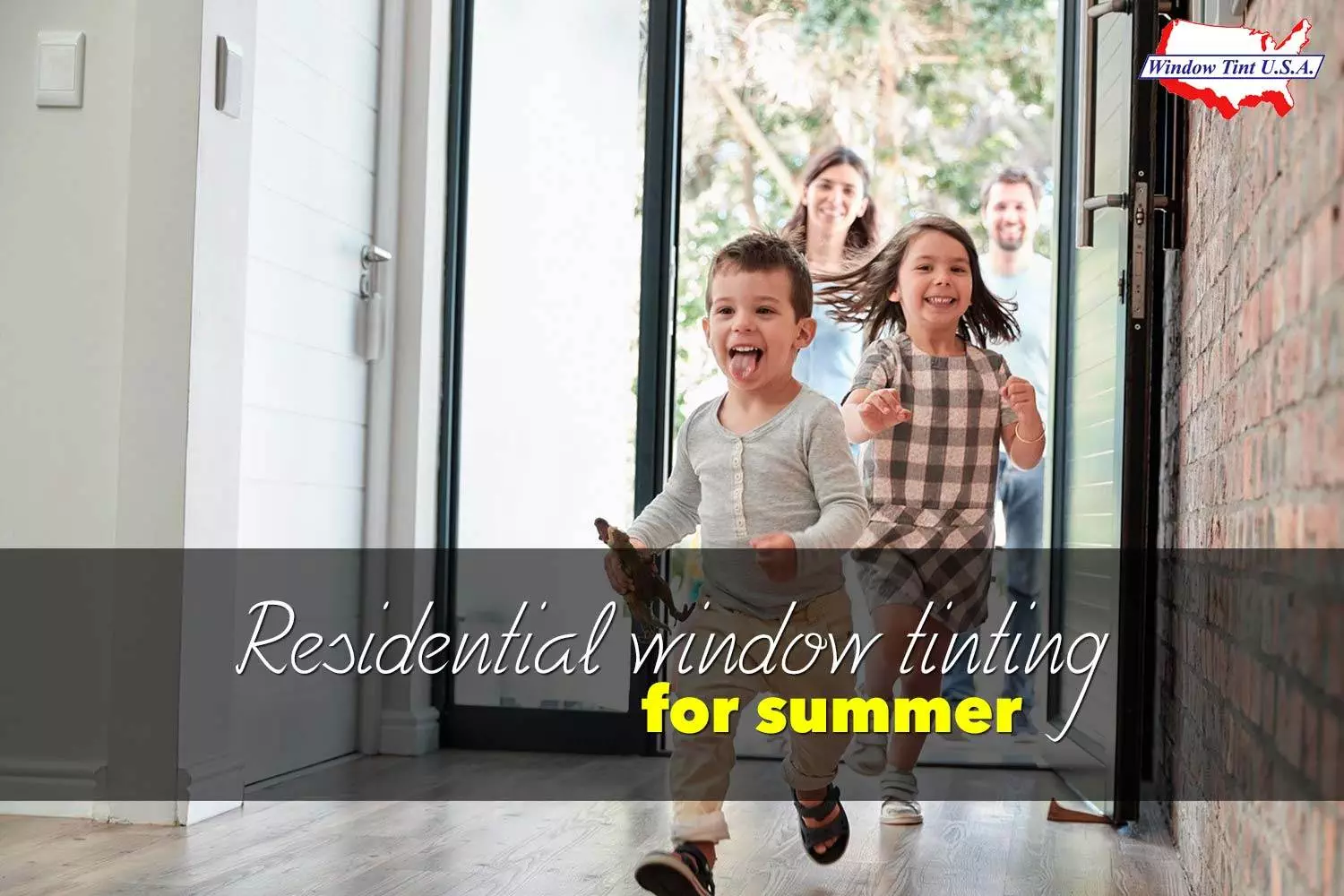There are many benefits to residential window tinting – otherwise known as solar window film or home window tint. Apart from the obvious aesthetic value and privacy it provides, residential window tinting also plays a huge role in indoor climate control by keeping things cool indoors and the heat outdoors. Electricity costs arising from air conditioners can be cut by nearly 20%. It reduces sun glare and in doing so, provides protection against fading of your furniture and wooden flooring. It has also been proven that residential window tinting blocks up to 95% of the skin damaging ultra violet rays (UV rays) so they are worth installing even from a purely heath perspective.
Window Tinting – Past and Present
The older versions of residential window tinting had limited options and were not aesthetically pleasing. Newer versions have seen an advance in technology and have become less visible and more effective. Today one can choose either the classic mirrored solar film that provides the most privacy, heating, ventilation and air conditioning efficiency or from a wide range of colored, shaded or nearly invisible film. All versions control the flow of heat, reduce sun glare and provide UV protection. If you are considering replacing your windows, or are building a new home, it would be beneficial to consult a window tinting expert and get the window tint applied by them.
Types Of Residential Window Tinting
There are many choices when it comes to window tinting and one needs to do some research before making a decision.
-
- Solar Film or Low E Film’s main function is to block the dangerous UV Rays (up to 95%) thus assisting in the prevention of skin cancer. It also cuts the suns glare while allowing sufficient light through and keeps the inside of the home at a comfortable temperature. If one has an indoor pool surrounded by glass, this type of window tinting is a must.
-
- Decorative or obscure film e.g. frosting or etching allows you to change the look of the glass without the cost of replacing the window. It also has the added benefit of providing privacy.
-
- Security Film provides several options for both safety and security of the home. An interlayer (between two layers of glass) hold the glass together if it is shattered therefore preventing flying debris that could cause injury.
- Tempered Insulating Glass is used where injury from broken glass is a concern. It could be used in a child’s playroom or on a window facing a golf course but is mainly used on car windshields.
Points To Consider Before Window Tinting
There are a couple of points to consider before window tinting your home windows. Doing a little research before the time can prevent frustrations later.
- Although they provide daytime privacy, one can see through them at night when the lights are on.
- New energy efficient windows may not benefit from tinting.
- It is not a fix all as it will not address the issues arising from inefficient window frames.
- It may void the window manufactures warranty.
- Special cleaning agents may need to be used when cleaning the windows.
- Depending on the type of film and the number of windows, one needs to consider the financial implications of residential window tinting.
- It should only be applied by a window tinting expert.
The facts speak for themselves. In today’s climate where we have a damaged ozone layer making UV rays more dangerous and limited funds to spend on climate control and replacement of furniture and wooden flooring, residential window tinting has almost become a necessity.

